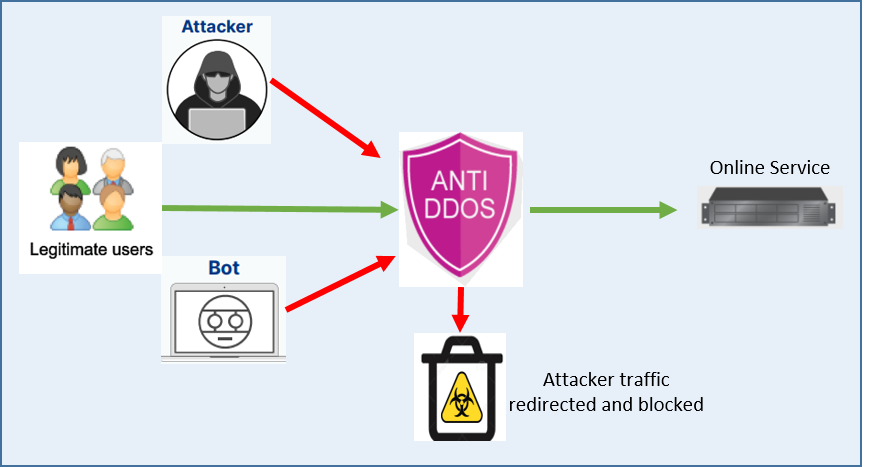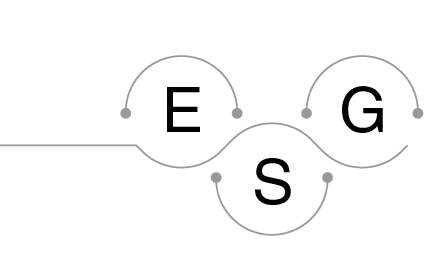Distributed Denial of Service (DDoS) attacks are a common form of malicious cyberattack,where attackers use multiple infected computers or devices (known as botnets) to send a large volume of traffic or connection requests to a target server or website. This overwhelms the target, causing it to malfunction or crash due to overload.The primary goal of a DDoS attack is to disable the target website’s services, preventing legitimate users from accessing it,thereby disrupting business operations and user experience.
To defend against DDoS attacks,a cloud-based DDoS protection solution has been implemented to safeguard network connectivity:
- Traffic Filtering:Use traffic filtering technologies to identify and block malicious traffic.
These technologies leverage machine learning algorithms to analyse traffic patterns and promptly intercept abnormal connection requests. - Distributed Architecture: Distribute traffic across globally dispersed data centers to reduce the load on any single server.
During an attack,traffic can be spread across multiple locations, effectively reducing pressure on individual resources. - Automated Protection:Automatically activate protective measures
upon detecting potential attacks, such as blocking suspicious IP
addresses and rate-limiting connection requests.
This automation improves response speed and reduces the time required for manual intervention. - Real-Time Monitoring and Reporting:Provide real-time monitoring dashboards that enable organizations to continuously view website traffic and security events,helping them stay informed about attacks and make timely adjustments.


